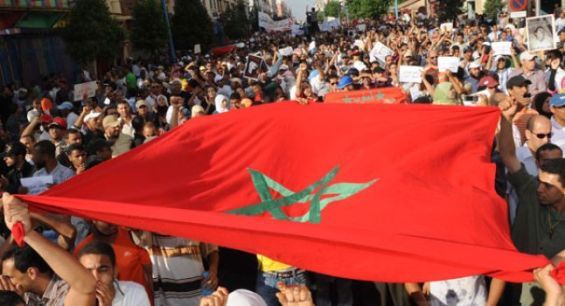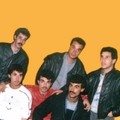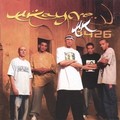International human rights organization Amnesty International's annual State of the World's Human Rights report, released on April 23, 2024, documents concerns in 155 countries, including Morocco.
The report alleges that Moroccan authorities in 2023 «convicted at least six individuals, including activists, journalists, and a lawyer, for peacefully exercising their right to freedom of expression».
Amnesty International further claims that throughout the year, Moroccan authorities have «repressed dissent in Western Sahara» and «tortured and otherwise ill-treated some individuals perceived as critics».
The report further alleges that Moroccan authorities would have, «on several occasions, restricted dissent and the right to peaceful assembly in Western Sahara» in 2023. The document mentions activists who reportedly would have faced surveillance, arbitrary arrest, and ill-treatment.
Amnesty International specifically claims that «at least five people were denied the right to read and write in prison», including human rights defender Rida Benotmane, lawyer Mohamed Ziane, and journalists Taoufik Bouachrine, Omar Radi, and Soulaiman Raissouni.
Gender inequality, LGBTI rights
The report expresses concern about gender inequality in Morocco, emphasizing that domestic legislation allegedly «entrenches gender inequality, including in relation to women's rights to inheritance and custody of children».
The report also criticizes the Penal Code for criminalizing abortion «unless necessary to save the mother's health or life» and performed by a qualified medical professional. It adds that women who have or attempt to have an abortion outside these exceptions face imprisonment and fines.
Regarding LGBTI rights, the report highlights Morocco's continued criminalization of same-sex sexual conduct. It mentions the case of a teacher allegedly fired for promoting acceptance of homosexuality.
The NGO raises concerns about the Moroccan authorities' failure «to hold anyone accountable for the deaths of at least 37 migrants and the disappearance of 76 others» during a border incident with Melilla in June 2022, where Moroccan and Spanish forces allegedly used excessive force.
Finally, the report warns of water scarcity as a growing problem due to climate change, urging Moroccan authorities to take measures ensuring access to water. It also highlights the right to a healthy environment, referring to the extreme heatwaves Morocco experienced in 2023 due to climate change.




 chargement...
chargement...












